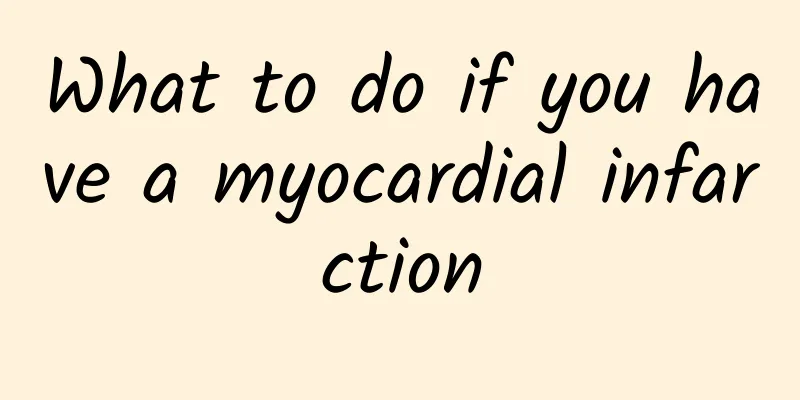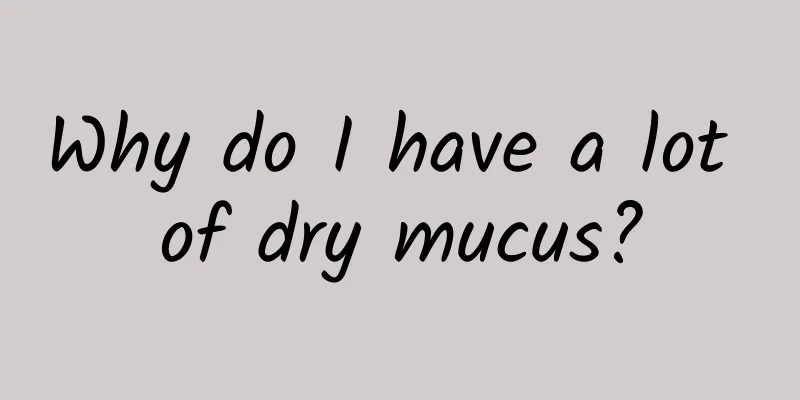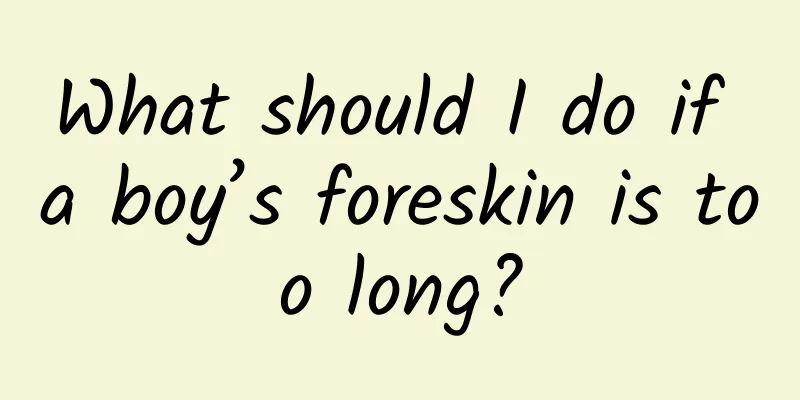What to do about sciatica? Self-treatment for sciatica

|
For diseases like sciatica, we can also relieve the symptoms through self-treatment, which can be mainly divided into three methods: daily life adjustment, drug adjustment, and acupuncture adjustment. 1. Daily life conditioning method 1. During the acute phase, you should rest in bed and sleep on a hard bed. 2. Keep warm, improve living conditions, and maintain a ventilated and dry environment. 3. Try to avoid wading and rain. Do not blow the wind after sweating. Change your underwear in time if it is wet with sweat. 4. Carry out appropriate physical exercise to enhance physical fitness and actively cooperate with other therapies. 5. Secondary sciatica should be treated actively according to the cause and the primary disease should be treated, and the symptoms will be relieved accordingly. 2. Medication therapy 1. Commonly used prescriptions for sciatica (1) 15g each of Polygonum cuspidatum, Geranium and Achyranthes bidentata. Decoction in water, 1 dose per day, divided into 2 doses. (2) 9 grams each of cinnamon twig, roasted licorice root, processed frankincense, Corydalis yanhusuo, Achyranthes bidentata, and Millettia repens; 15 grams each of red peony root, white peony root, papaya, and Millettia reticulata; 12 grams each of Dipsacus asper and Herba Lycopodii; and 12 grams of processed Chuanwu. Decoction in water, 1 dose per day, divided into 2 doses. 2. Chinese patent medicine Take Zhuifeng Tougu Pills, 6 grams each time, 3 times a day, with warm water; or take Xiaohuoluo Pills, 6 grams each time, 3 times a day, with warm water. 3. Acupuncture and moxibustion therapy 1. Acupuncture The treatment is based on the principles of dispelling wind, unblocking meridians, promoting qi and activating blood circulation, combining acupoint selection along meridians with acupoint selection based on syndrome differentiation. Main acupuncture points: Huantiao, Zhibian, Weizhong, Yanglingquan, Zusanli. Additions and subtractions: For those with root-type constitution, add the waist 4-5 Jiaji points; for those with dry-type constitution, add the Ashi points. If cold and dampness are obvious, add Mingmen and Yaoyangguan; if blood stasis occurs, add Geshu; if liver and kidney are deficient, add Kunlun, Qiuxu, Taichong and Shenshu. Procedure: In the acute phase, the method of drainage with filiform needle is often used. In the chronic phase, balanced tonification and drainage are used. Warm acupuncture can be used for those with cold and dampness. The sensation of needling at the Huantiao, Zhibian and Weizhong points radiates downward like an electric shock and causes the lower limbs to twitch. The sensation of needling at the Yanglingquan and Zusanli points is also transmitted downward. 2. Bloodletting Mostly used for blood stasis type. Select the Ashi points (tender points), Shangliao, Ciliao, Chengfu, Yinmen, Weizhong, Weiyang and Xuanzhong on the lumbar and sacral areas, look for blood stasis and collaterals around the acupoints, routinely disinfect the surrounding skin, and then use a three-edged needle to bleed. After the bleeding stops, cupping can be applied for a few minutes. |
<<: The difference between hot cold and cold cold, these common sense should be known
>>: What happens if you don't get a tetanus shot? Is it that serious?
Recommend
What are the sequelae of cholecystectomy?
Patients who undergo cholecystectomy are prone to...
How to remove crow's feet at the corners of the eyes, teach you some tips
Many women look old because of the crow's fee...
What leaves can cure constipation?
Mulberry leaves are one of the common food for si...
How to remove black stains on the inner wall of teeth
It is also common to see black scale on the inner...
Stomach pain when walking in early pregnancy
Pregnancy can be described as a painful process, ...
Will less sleep make you fat?
As people pay more attention to health and wellne...
Can eczema be treated with sweat steaming?
Steaming is a common method of leisure and health...
Do autistic people interact with their parents?
Many people know that autistic patients are unwil...
Differential diagnosis of prostatic hyperplasia
Prostate hyperplasia is believed to be a problem ...
Medicinal value of Northeast Red Mushroom
What a romantic name, Red Goji Berry. This is pro...
Chinese patent medicine for the treatment of neurasthenia: good habits are the key
Under excessive stressful life and work pressure,...
What happens if the eardrum ruptures?
Many people think that the eardrum can be rupture...
What are the effects and functions of Vitex rotundifolia?
I wonder if you know and understand the effects a...
What are the symptoms of sequelae of chronic encephalitis?
In recent years, due to environmental changes, an...
Things to note for patients with high blood lipids in life
Hyperlipidemia is a very common condition, mainly...









